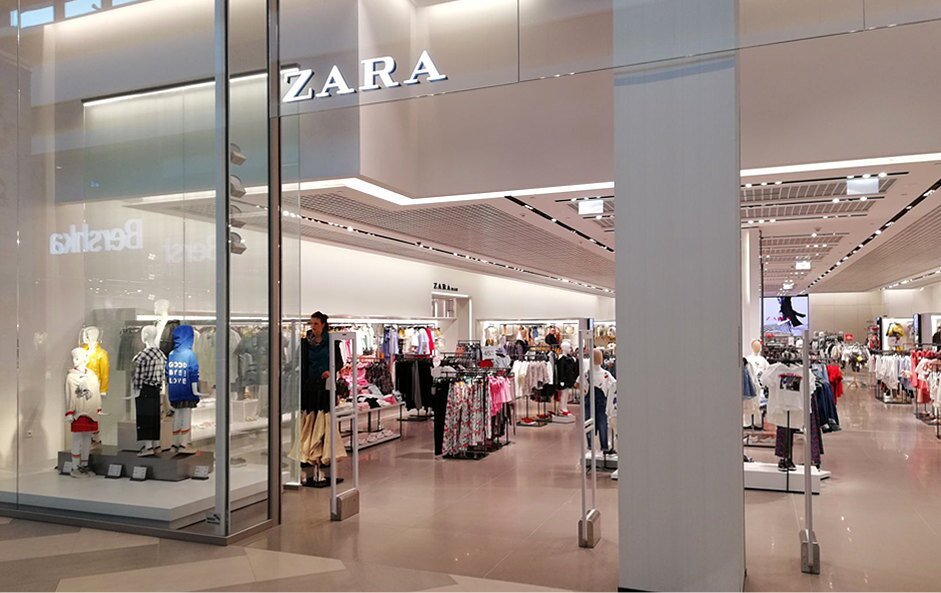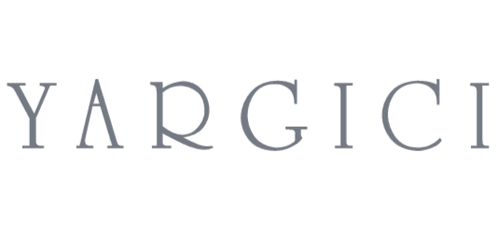Clothing franchise opportunities
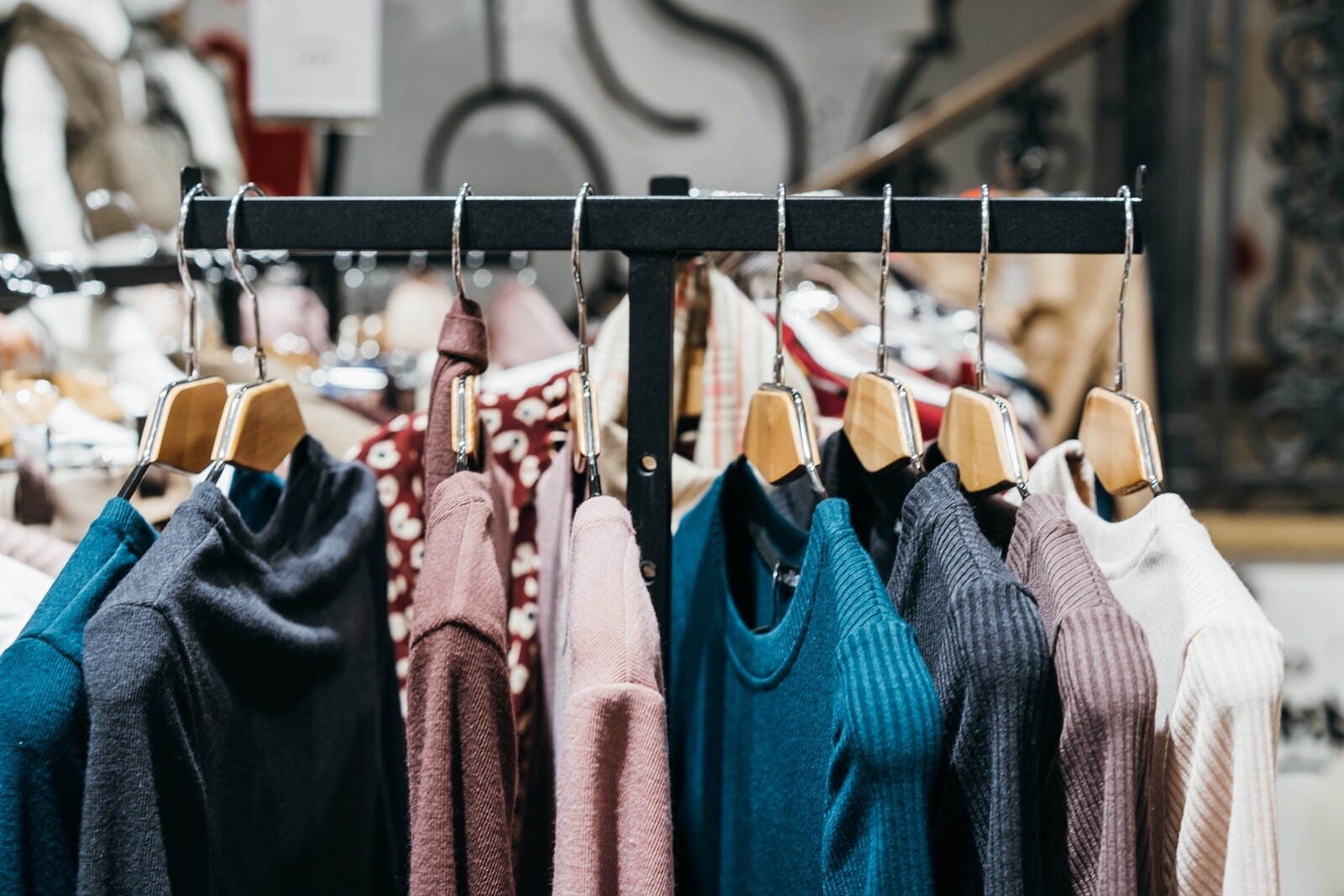
Discover the path to owning a successful clothing franchise in Europe. Learn about costs, top brands, and essential steps to become a franchisee in fashion retail.
The European clothing franchise market is growing rapidly, offering entrepreneurs a chance to enter the fashion industry under the banner of well-known brands. Franchisees gain access to established business models, brand recognition, and the support needed to thrive in a competitive market. Leading European brands such as Zara, H&M, Mango, and Primark operate across the continent, though franchise opportunities are only available with select brands. Mango, for example, invites franchisees, while Zara and H&M largely operate through corporate-owned stores. To join this booming sector, a significant investment is required, with upfront costs that cover franchise fees, store setup, and inventory, as well as regular royalty payments.
Investment needed
The initial franchise fee is a primary expense, providing franchisees with access to the brand’s name, support, and training. For Mango, franchisees must have a minimum of €300,000 in liquid assets, with total investments for store setup ranging from €400,000 to €800,000, depending on the store location and size. Benetton, another popular franchise choice, estimates initial setup costs at around €150,000, while Primark, although mainly corporate-owned, requires more than €1 million for franchise operations. Beyond the franchise fee, there are costs associated with designing the store interior, purchasing decor and inventory, and setting up the shop to meet the brand’s standards. Monthly royalties, which typically range from 5 to 10 percent, are also common. Many franchisors also ask for a small percentage of monthly revenue to contribute to joint marketing efforts, which enhances the brand’s visibility at national and international levels.
Steps to becoming a clothing franchisee
Becoming a clothing franchisee is a structured process with clear steps. First, potential franchisees need to research the brands they are interested in, as each has unique requirements, support levels, and entry costs. Once a suitable brand is selected, the next step is to contact the franchisor to discuss specific requirements, including financial qualifications and any current opportunities in the target location. Upon meeting these initial criteria, franchisees usually review and sign a contract outlining the terms of the franchise relationship, including fees, territorial rights, and operational guidelines. Finding a prime location is essential for success, and many franchisors assist franchisees with choosing a spot that attracts ample customer traffic, such as shopping centers and city center locations.
What franchisors provide to help franchisees
Support is a crucial part of any successful franchise. Franchisors typically provide extensive training programs that cover essential areas such as store management, customer service, and merchandising. Mango, for instance, offers training before opening and periodically afterward to help franchisees keep up with market trends. Many franchisors also run marketing campaigns, with franchisees contributing to a shared fund that supports national advertising efforts, ensuring the brand remains top-of-mind for consumers.
Leading brands and their franchise models
Several well-known brands dominate Europe’s clothing franchise market. For instance, Mango requires franchisees to make a significant initial investment, between €400,000 and €800,000, which covers the cost of setting up and stocking a new store. Franchisees receive support in training, marketing, and merchandising. Benetton, another popular choice, estimates initial setup costs at around €150,000 and offers operational assistance and marketing support. Camaïeu, a well-known French brand specializing in women’s fashion, requires investments between €250,000 and €500,000 and provides exclusive product lines and regular marketing support. While Primark primarily operates corporate stores, it occasionally offers franchise opportunities in select regions.
Featured franchises
No featured franchises
Other concepts from sector fashion
Breaking news
Show all
Next Engineers - a global STEAM Education
Innovative STEAM education franchise empowering children through hands-on engineering learning, combining structured curricula with scalable...
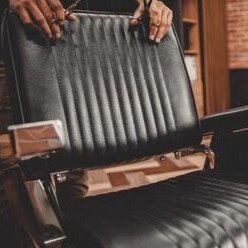
LA BARBE DE PAPA
Step into a premium grooming network built for growth, offering a structured franchise model with clear financials and strong operational support.
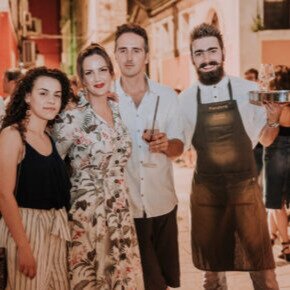
Pandora Greenbox franchise
Pandora Greenbox offers a scalable fast-casual concept combining healthy cuisine, smart design and strong unit economics across Europe.
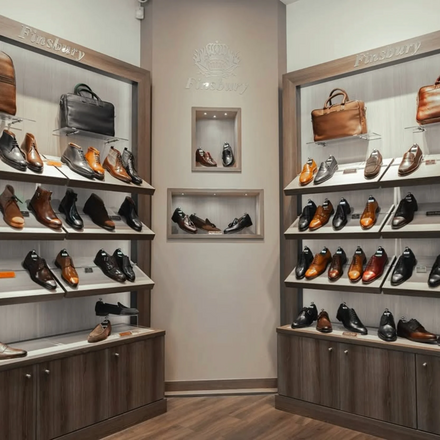
Expanding premium footwear through franchising
A French footwear brand expanding through franchising, offering structured entry into premium shoe retail with established operational standards.

